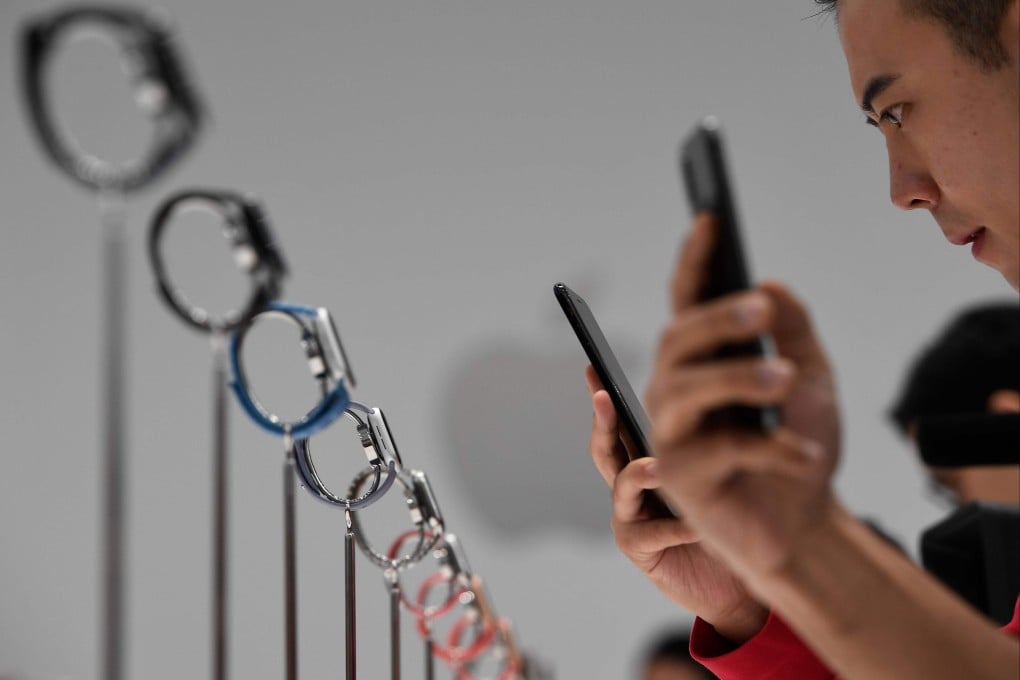Advertisement
Apple Watch, protein powders are all the rage in China as Gen Zs rediscover the benefits of good health amid resurging Covid infections
- The wearable devices market in China is expected to grow 20 per cent per year to US$20 billion in 2025
- Health issues such as hair loss, obesity and depression are becoming common among China’s younger generation, a report found
Reading Time:3 minutes
Why you can trust SCMP
1

As China finally abandons the most austere of its Covid-19 restrictions, many people – particularly young adults – are paying closer attention to their physical and mental well-being. Three years of sporadic lockdowns and lack of social interaction have taken a toll on health.
A lot of people have been turning to wearable fitness devices to help them get into shape.
The wearable devices market in China is expected to grow 20 per cent per year to reach a market size of over US$20 billion in 2025, a joint report by BDA and OC&C found. Wearable technology such as headsets and smartwatches can track performance during exercise and measure body functions like heart rate.
George Yang, 22, said he bought his Apple Watch when Shanghai went into a strict lockdown in April. The university student said he had suffered chronic neck pain for over a year, which he believes was caused by too much time spent on his computer attending online courses.
Yang said the smartwatch helps him stay on track with his fitness goals. He downloaded China’s most popular fitness app, Keep, and hopes to be able to run a full marathon next year.
“Young, healthy people [in China] look for wearables that feature health monitoring as well as other functionalities such as entertainment and smart-home functions,” said Anthony Siu, partner and co-head of BDA Shanghai.
Advertisement